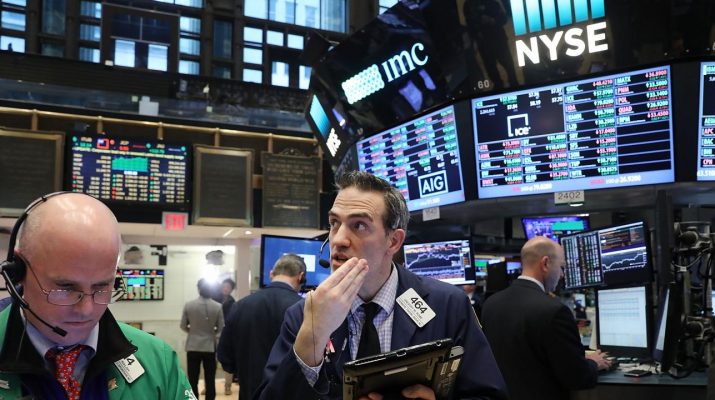Ed Amoroso, CEO of TAG Cyber, which is a cybersecurity firm based in New York City, spoke about how the markets could potentially change as a result of artificial intelligence. He’s got a potentially surprising perspective when it comes to how they could potentially stabilise the prices of major equities.
“The question of whether artificial intelligence can affect say Wall Street is an interesting question because Wall Street has always been something, a playing field for people to try to notice something others don’t notice.”
You say, “Hey, I think IBM’s going to be awesome.” Why? “Well I just have this intuition, or I’ve read this research, and everybody else doesn’t quite get that. So I’m going to buy it now because it’s cheap and it’s going to go up once everybody realises what I know now.” That’s, I mean, that’s basically what investing is.
The problem is when computing, or when artificial intelligence or machine learning detects that condition, it’ll very quickly buy things because it’s cheap and when you buy, when there’s a lot of buying as you buy more the price goes, sort of adjusts. Supply and demand, right?
So the computers will figure out before you do that this is a great deal, and as they’re buying things up, the price goes up, and then you don’t get that great deal anymore. I mean that’s a grotesque exaggeration of something that’s much more subtle. But, if you think about it, computing will make things more efficient, and again that may be fine.
That means when you buy something its intrinsic value is baked in. So you’re not going to be buy in a piece of junk that really is inflated, and if you really dug in you’d realise you should be buying it lower. So it provides some protection from a bad purchases, but I also think it makes a lot of the fun of guessing, and finding tips and stuff, that probably goes away.
I realise what I’m saying might be a little controversial, but I really do think that that is the implication of more computing in Wall Street. I think it makes it more efficient. It makes the market, like I said, less risky, but maybe a little less fun.”

